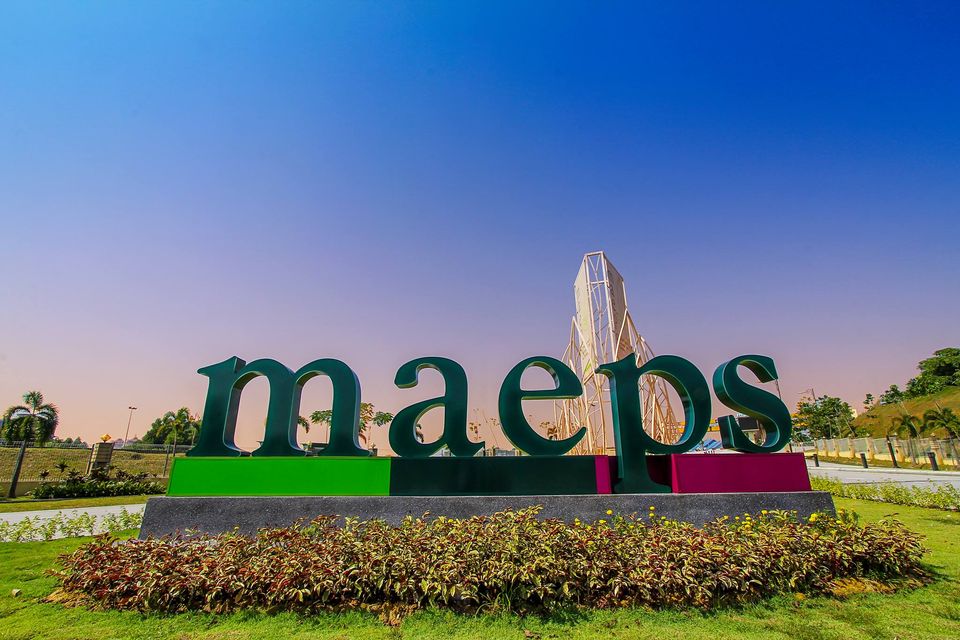Agrotourism, also known as agritourism, refers to a form of tourism that involves visiting agricultural areas or farms to engage in and learn about farming practices, local food production, and rural life. It is a way for visitors to experience the agricultural lifestyle and for farmers to generate additional income by welcoming tourists. Here are some key aspects of agrotourism: Types of Agrotourism Activities Farm Stays: Visitors stay on a working farm and participate in daily activities such as feeding animals, harvesting crops, and milking cows. U-Pick Operations: Farms invite visitors to pick their own fruits, vegetables, or flowers, providing a hands-on experience with local produce. Farm Tours: Guided tours educate visitors about farming methods, different types of crops, and livestock management. Workshops and Classes: Educational sessions on topics like cheese-making, gardening, wine production, and cooking with farm-fresh ingredients. Farm-to-Table Dining: Meals prepared using ingredients sourced directly from the farm, highlighting local and seasonal produce. Festivals and Events: Seasonal events such as harvest festivals, wine tastings, and fairs that celebrate local agriculture and traditions. Petting Zoos and Animal Interactions: Opportunities for visitors, especially children, to interact with and learn about farm animals. Outdoor Recreation: Activities like hiking, horseback riding, fishing, and camping on or near farm property.
Benefits of Agrotourism Economic Diversification: Provides farmers with additional revenue streams beyond traditional farming. Education and Awareness: Educates the public about sustainable agriculture, local food systems, and the importance of supporting local farmers. Community Engagement: Strengthens the connection between urban and rural communities, fostering a greater appreciation for rural life. Sustainability: Promotes sustainable farming practices and environmental stewardship. Cultural Exchange: Offers a platform for sharing cultural traditions and agricultural heritage with a wider audience. Agrotourism and Urban Farming Urban Farming: Involves growing food in or near urban areas. Agrotourism can bring city dwellers to urban farms, where they can learn about urban agriculture practices and the importance of local food production. Agrotourism and Food Security Food Security: Access to sufficient, safe, and nutritious food. Agrotourism can promote food security by encouraging support for local agriculture, reducing dependency on distant food sources, and teaching sustainable farming practices. Agrotourism and Food Handling Food Handling: Proper preparation, storage, and transportation of food to prevent contamination. Agrotourism often includes educational components on safe food handling practices from farm to table. Agrotourism and Customer Service Customer Service: Essential in providing a positive experience for visitors, ensuring they are well-informed, comfortable, and engaged during their stay. Agrotourism and Community Engagement Community Engagement: Brings people together around local food and farming, creating opportunities for social interaction, education, and support for local economies. Agrotourism and Awareness Awareness: Increases public knowledge about agriculture, sustainability, and the benefits of supporting local food systems. Educational programs and interactive experiences help raise awareness and promote informed consumer choices. In conclusion, agrotourism is a dynamic and multifaceted industry that connects people with the agricultural world, promotes sustainable practices, and supports local economies. It offers educational, recreational, and economic benefits, making it an important aspect of modern agriculture and rural development.



